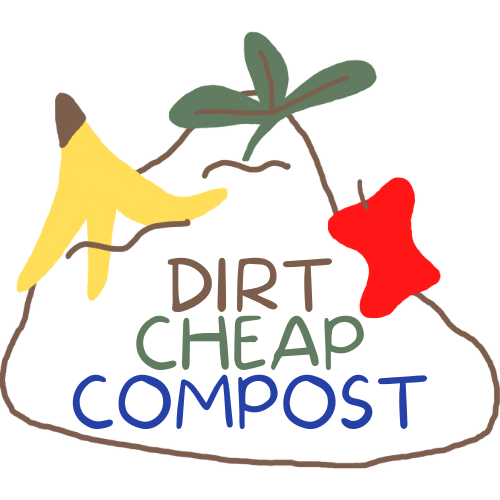Composting vs Landfills: Why You Shouldn't Throw Away Your Food
At Dirt Cheap Compost, we're passionate about the transformative power of composting—not just for enriching our soil but also for combating climate change. As we face the global challenge of reducing greenhouse gas emissions, one of the most impactful steps we can take is to divert organic waste from landfills. The Environmental Protection Agency (EPA) recently released a comprehensive report highlighting the significant role composting can play in reducing methane emissions, a potent greenhouse gas.
The Methane Problem: Why Landfills Are a Major Climate Concern
When organic waste—such as food scraps and yard trimmings—ends up in a landfill, it decomposes anaerobically (without oxygen), producing methane as a byproduct. Methane is a greenhouse gas that is over 25 times more effective at trapping heat in the atmosphere than carbon dioxide over a 100-year period. According to the EPA, landfills are the third-largest source of human-related methane emissions in the United States, accounting for approximately 15% of all methane emissions.
The EPA's 2023 report makes it clear: the methane emissions from landfills are a significant driver of climate change. In 2021 alone, U.S. landfills generated nearly 100 million metric tons of carbon dioxide equivalent (CO2e) in methane emissions. To put this into perspective, that’s equivalent to the annual emissions from over 21 million passenger vehicles.
Composting: A Simple Solution with Big Benefits
The good news is that there’s a straightforward solution to this problem: composting. By composting organic waste instead of sending it to landfills, we can significantly reduce methane emissions. When organic material is composted, it decomposes aerobically (with oxygen), which prevents the formation of methane.
The EPA estimates that if the U.S. could divert just 50% of the organic waste currently sent to landfills into composting programs, it could reduce methane emissions by approximately 18 million metric tons of CO2e each year. That’s equivalent to taking nearly 4 million cars off the road!
Beyond Methane: Additional Environmental Benefits of Composting
Composting offers other environmental benefits beyond reducing methane emissions. When applied to soil, compost improves soil health, increases its water retention capacity, and enhances its ability to sequester carbon. Healthy, carbon-rich soils play a crucial role in mitigating climate change by capturing and storing atmospheric carbon dioxide.
Moreover, composting reduces the need for chemical fertilizers, which are energy-intensive to produce and can contribute to greenhouse gas emissions when used excessively. By producing and using compost, we can create a more sustainable and circular economy that reduces our reliance on synthetic inputs.
How You Can Make a Difference
Composting is one of the most straightforward and effective ways to reduce methane emissions from landfills and combat climate change. By keeping organic waste out of landfills and turning it into nutrient-rich compost, we can significantly reduce our greenhouse gas emissions and build healthier, more resilient soils.
At Dirt Cheap Compost, our mission is to make composting accessible and affordable for everyone with our weekly home compost pickup service. Sign up today, set those kitchen scraps aside for collection in a new bin, and start composting tomorrow!

